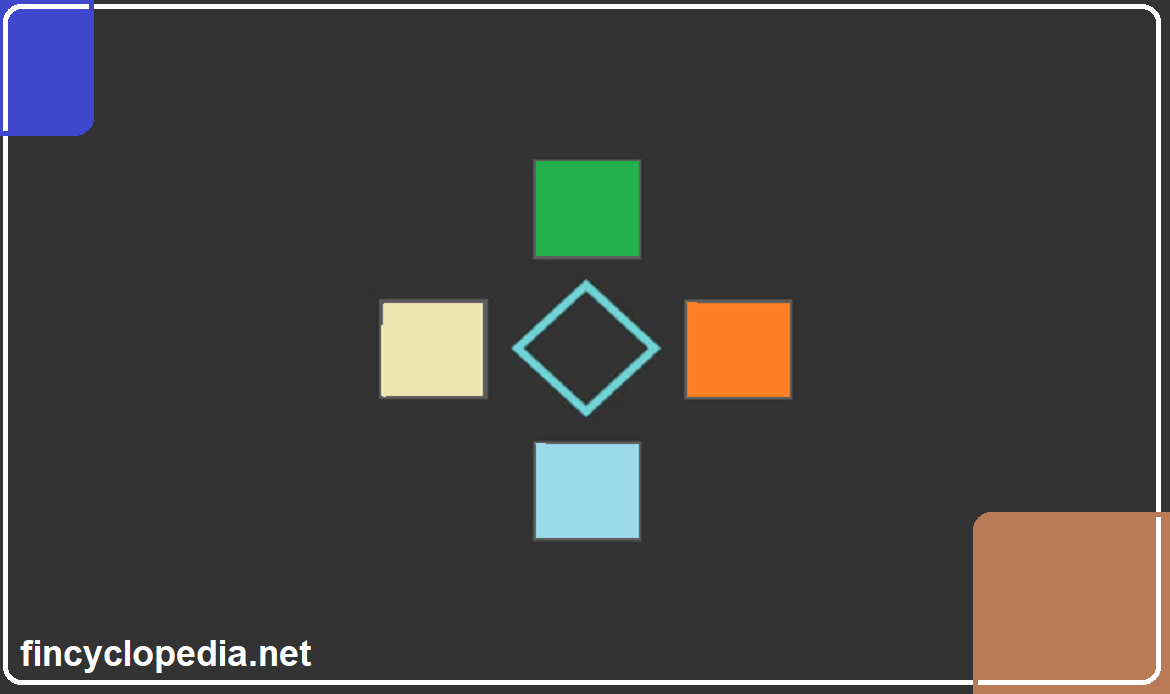Murabaha (also spelled murabahah) is a shari’a permissible mode of debt financing which involves the sale of a commodity mostly for a deferred price. The two parties to the contract are: a financier (usually an Islamic bank) and a client. In its business form, murabaha is initiated when a potential buyer orders a commodity to pay for it with a specified mark-up (profit). The seller accepts and accordingly procures the commodity. Once the commodity is legally possessed by the seller, the buyer is asked to purchase it and takes delivery. As such, the commodity must exist at the time of contract, and must be owned by the seller at that time whether via constructive (qabd hukmi) or physical possession (qabd fe’eli). Furthermore, quality and quantity must be defined in clear-cut terms, and the exact date and method of delivery must also be specified.
Murabaha may involve the purchase of shares of stock on the stipulation that such shares satisfy the criteria of shari’a screening (see: shari’a screening criteria) for equity holdings and investment. For instance, an investor may approach an Islamic bank applying for a murabaha-based funding facility to purchase specific shari’a-screened stocks. To that end, the two parties draw up a murabaha contract whereby the bank purchases on behalf of the investor 2,000 shares of XYZ company at 5 dinars per share. After having purchased the shares through the secondary market, the bank sells them to the investor at a mark-up price of 6 dinars per share and for a repayment term of 1 year.







